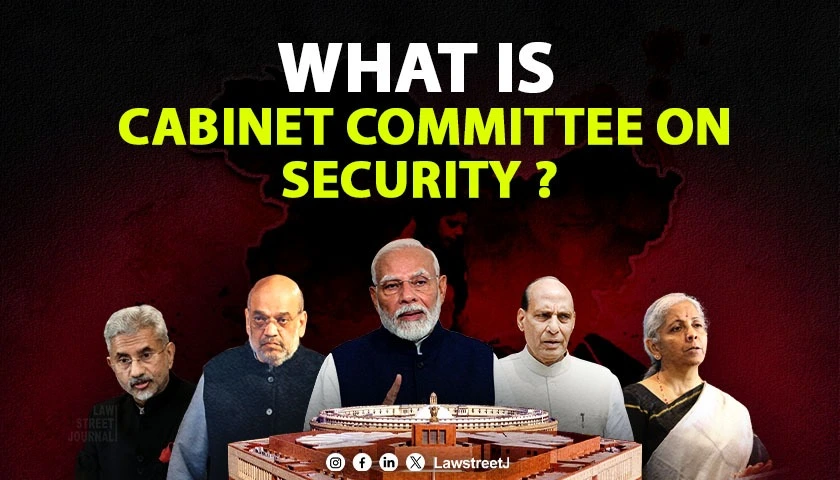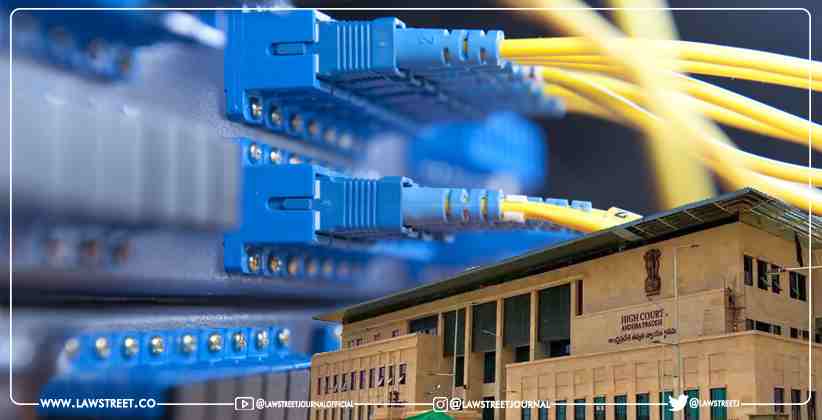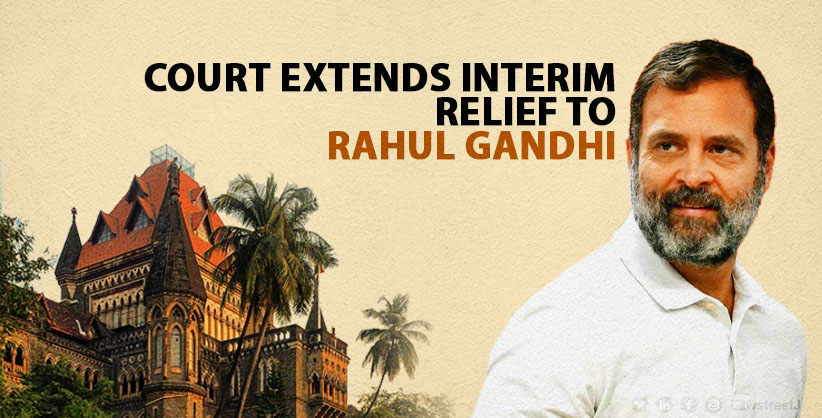New Delhi: Prime Minister Narendra Modi convened an urgent high-level meeting of the Cabinet Committee on Security (CCS) at his official residence following the terrorist attack in Pahalgam, which claimed the lives of 26 people. While a similar body was first constituted in 1947, the committee assumed its current form and structure after the Kargil War in 1999.
At least 26 people were killed in a terrorist attack targeting tourists in the Pahalgam district of Jammu and Kashmir on Wednesday. The incident is among the most severe in the region’s recent history and marks the deadliest assault since the 2019 Pulwama bombing, sending shockwaves across the nation.
Prime Minister Modi strongly condemned the attack and cut short his two-day diplomatic visit to Saudi Arabia, returning to India immediately. Meanwhile, Union Home Minister Amit Shah visited Jammu and Kashmir on Thursday.
By evening, both leaders, along with other senior government officials, participated in a crucial session of the Cabinet Committee on Security at the Prime Minister’s residence at 7 Lok Kalyan Marg in New Delhi. The meeting brought renewed focus to the country’s highest decision-making body on national security matters.
Cabinet Committee on Security: Background
The origins of the Cabinet Committee on Security (CCS) are not tied to a specific date or formal government notification. A committee akin to the present-day CCS was first formed in 1947 by Jawaharlal Nehru, India’s first Prime Minister, in response to the emerging security challenges of a newly independent nation.
Initially established to evaluate and respond to political, economic, and military conditions in India’s border regions, the committee is believed to have held its first emergency session during the Indo-Pak War of 1947–48. That meeting was reportedly led by Nehru, with Home Minister Sardar Vallabhbhai Patel and Defence Minister Baldev Singh among the key participants.
Following the 1999 Kargil War, the committee was reorganized and formalized into its present structure, becoming the central authority on matters of national defence and security. Over the years, the CCS has evolved into the highest-level decision-making body for both internal and external security issues in India.
Structure and Responsibilities
The CCS is chaired by the Prime Minister and typically comprises the Ministers of Defence, Home Affairs, Finance, and External Affairs. The National Security Advisor (NSA) serves as a secretary-level coordinator for matters under the committee’s purview.
While the Defence Minister is a permanent member of the committee, additional participants may be invited based on the nature of the issue being discussed. The Cabinet Secretariat is responsible for documenting the committee’s meetings and decisions.
The CCS addresses a wide range of issues, including National defence and security strategy, Foreign policy concerns, Intelligence coordination, Nuclear policy and space initiatives, Critical security-related appointments.
Current Composition of the CCS
On July 4, 2024, Prime Minister Modi reconstituted several Cabinet committees, including those on Economic Affairs, Political Affairs, and the Cabinet Committee on Security.
The current CCS comprises:
Prime Minister Narendra Modi, Defence Minister Rajnath Singh, Home Minister Amit Shah, Finance Minister Nirmala Sitharaman, External Affairs Minister S. Jaishankar.
Other senior officials such as NSA Ajit Doval, Cabinet Secretary T.V. Somanathan, and Defence Secretary Rajesh Kumar Singh may be invited to attend CCS meetings as required.
Recent Meetings and Security Concerns
The most recent CCS meeting was held on August 5, 2024, at the Prime Minister’s residence, where developments in Bangladesh were discussed following the reported escape of former Prime Minister Sheikh Hasina to India.
Another high-level CCS meeting has been scheduled for today at 6 p.m., in direct response to the horrific terrorist attack that occurred on April 22 in the Pahalgam district of Jammu and Kashmir.









